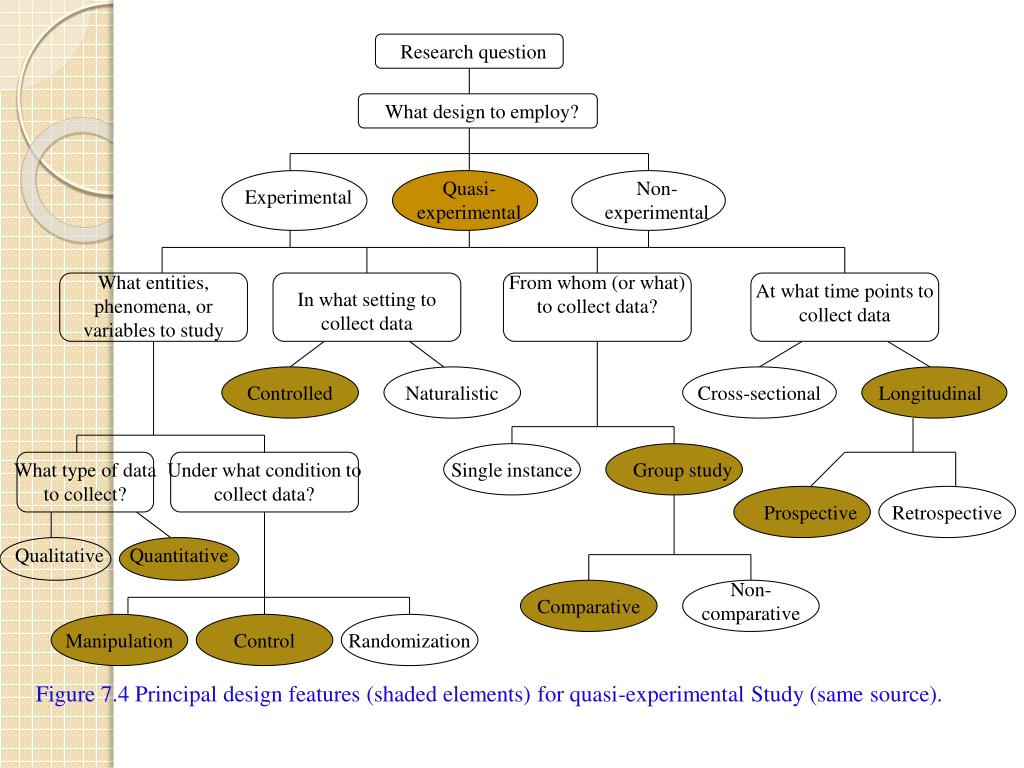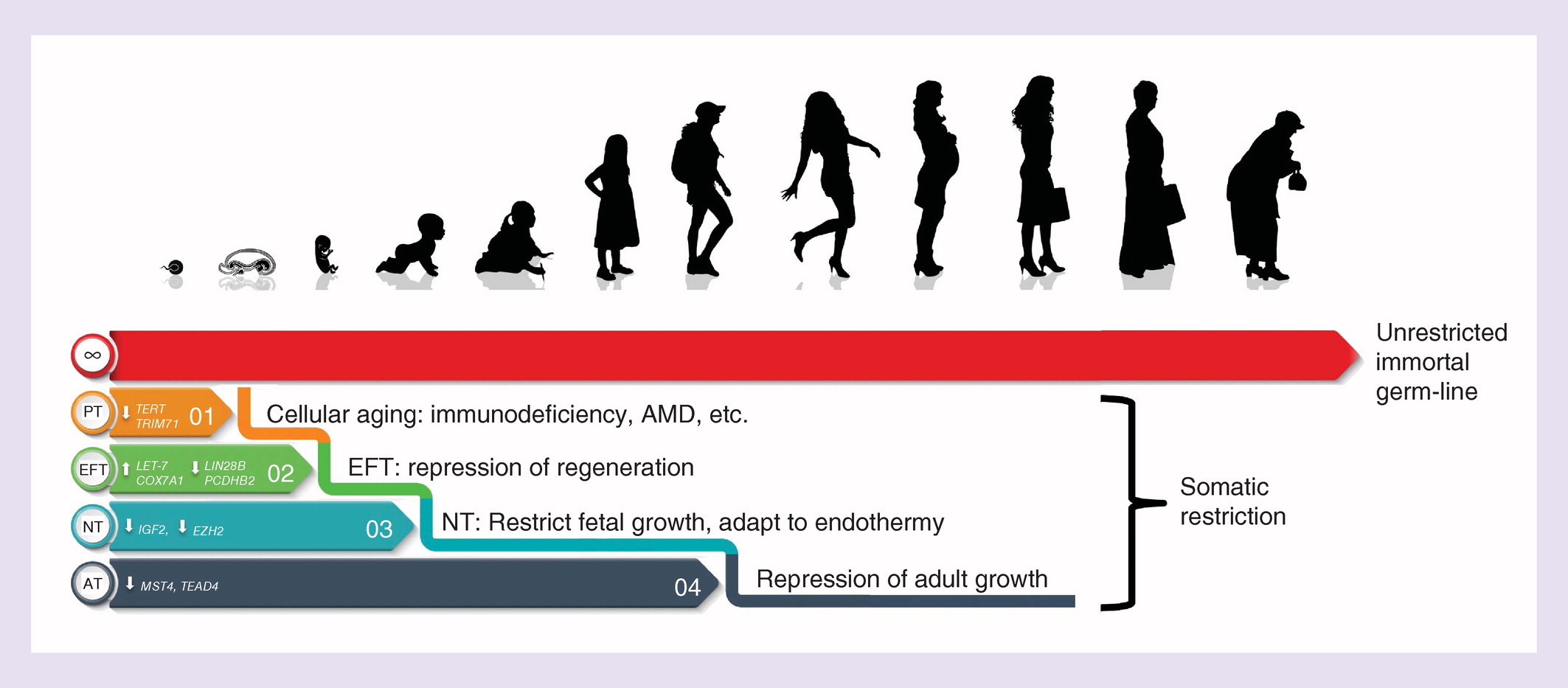
Whereas some descriptive work been "useful in developing In initial descriptive understanding of the elderly's consumer behavior. Rosow 1974), and students of consumer behavior (e.g. Goldstein 1965), socialization researchers (e.g. Finally, interest in the consumer behavior of the elderly has been expressed by social scientists including gerontologists (e.g. Consumer educators are interested in developing programs to aid the acquisition and use of consumption skills by the aged (Waddell 1976, Fox 1979).

mail and door-to-door), and high pressure sales tactics (Howard 1967), policy makers realize that the elderly are becoming an increasingly powerful political force (Waddell 1976). In addition to the necessity to protect the elderly consumer from deceptive and/or misleading advertising, fraud (e.g. Public policy makers are primarily concerned with the consumer behavior of the aged as a means of passing legislation affecting this group of people. Marketing practitioners are interested in understanding the elderly market which will have increased over 100 percent in fifty years and which possesses purchasing power estimated between $69 and $200 billion (Fox 1979). The consumer behavior of the elderly is becoming of increasing concern to marketers, public policy makers, consumer educators and social scientists. Results generally support the socialization approach to the study of elderly consumer behavior and suggestions are made for future research. Findings indicated that age and health were related to interaction with mass media advertising, while cognitive age was associated with more favorable attitudes toward advertising among the elderly. Then the influence of all these variables upon attitudes toward advertising among the elderly was assessed. The effects of two other variables, health and cognitive age, upon interaction with mass media advertising were investigated. Disengagement theory and activity theory were viewed as explaining different levels of activity among the aged rather than as competing theories, with age itself used as an index of development. Theoretical perspectives related to the alteration of the behavior of the elderly in general and consumer behavior in particular are used as bases for formulating hypotheses and suggesting a socialization approach to the study of elderly consumer behavior. This study examines the effects of selected antecedent variables and communication processes on attitudes toward advertising among the elderly.

Kinnear, Provo, UT : Association for Consumer Research, Pages: 548-552.Īdvances in Consumer Research VolPages 548-552ĬONSUMER SOCLALIZATION OF THE ELDERLY: AN EXPLORATORY STUDY Moschis (1984) ,"Consumer Soclalization of the Elderly: an Exploratory Study", in NA - Advances in Consumer Research Volume 11, eds. doi:10.1016/j. - This study examines the effects of selected antecedent variables and communication processes on attitudes toward advertising among the elderly. A new insight into cell biological and biochemical changes through aging. Sahabi S, Jafari-Gharabaghlou D, Zarghami N. Testing the mutation accumulation theory of aging using bioinformatic tools. Changes during aging and their association with malnutrition.

October 10, 2018.Īmarya S, Singh K, Sabharwal M. DNA damage: from chronic inflammation to age-related deterioration.


 0 kommentar(er)
0 kommentar(er)
